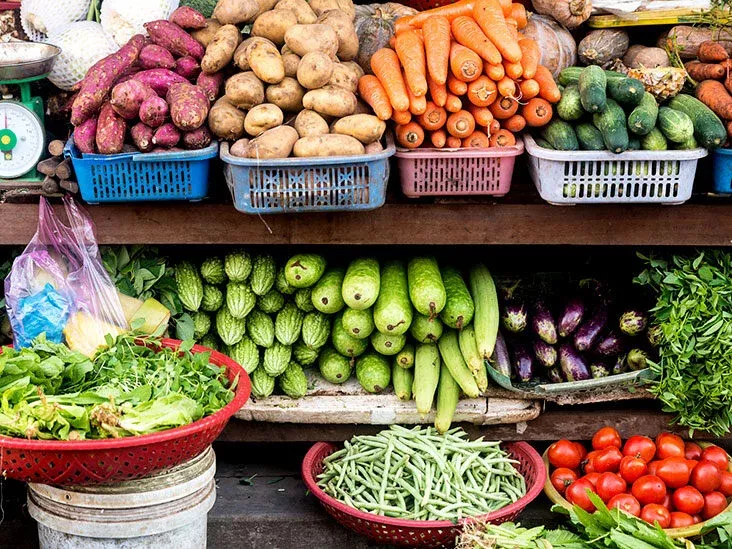Diabetic retinopathy is a complication of diabetes that can result in vision loss. Maintaining a balanced, nutritious diet and selecting appropriate foods can help manage blood sugar, which in turn can help prevent damage to the eyes. Diabetic retinopathy is a common trusted source complication that can affect people living with diabetes.It happens when a high blood sugar level damages blood vessels in the retina (the light-sensitive cells at the back of the eye). As the damage to these blood vessels becomes more severe, people may start to experience symptoms such as floating spots, empty areas of vision, or blurred vision. Eventually, people may experience vision loss. Diabetic retinopathy is a leading cause of blindness. Experts trusted sources advise that people with diabetes manage their blood sugar levels and take steps to keep them within suitable ranges to help prevent eye complications.
One way of doing this is by maintaining a balanced, nutritious diet and avoiding or limiting certain foods. The American Diabetes Association (ADA) explains that carefully selecting types of carbohydrates to eat can help a person avoid hyperglycemia.This, in turn, helps to decrease trusted source the risk of diabetic retinopathy. Additionally, it is advisable for a person to follow a diet that helps manage their blood lipid levels, and blood pressure. A person may wish to try the Diabetes Plate Method. This is a simple guide for helping people plan portioned meals of balanced, nutritious foods. This strategy involves dividing a plate and filling half with vegetables low in starch, a quarter with lean proteins, and a quarter with carbohydrates.

Examples include: Non-starchy vegetables: These include asparagus, broccoli, Brussels sprouts, carrots, mushrooms, peppers, spinach, and zucchini. Lean proteins: These include chicken, turkey, eggs, salmon, shrimp, lentils, hummus, nuts, tofu, and tempeh. Carbohydrates: These include brown rice, oats, quinoa, potato, pumpkin, sweet potato and fruit. The ADA provides the following list of foods that are rich in vitamins, minerals, antioxidants, and fiber that are also beneficial for overall health:
- Beans dark green, leafy vegetables citrus fruits berries tomatoes fish high in omega-3 fatty acids nuts milk and yogurt People may also want to try following certain eating patterns. This term refers to foods or groups of foods that a person typically eats on a daily basis as part of their diet. While not all eating patterns may be suitable for everyone, popular diet options include: Mediterranean vegetarian or vegan low carbohydrate DASH




